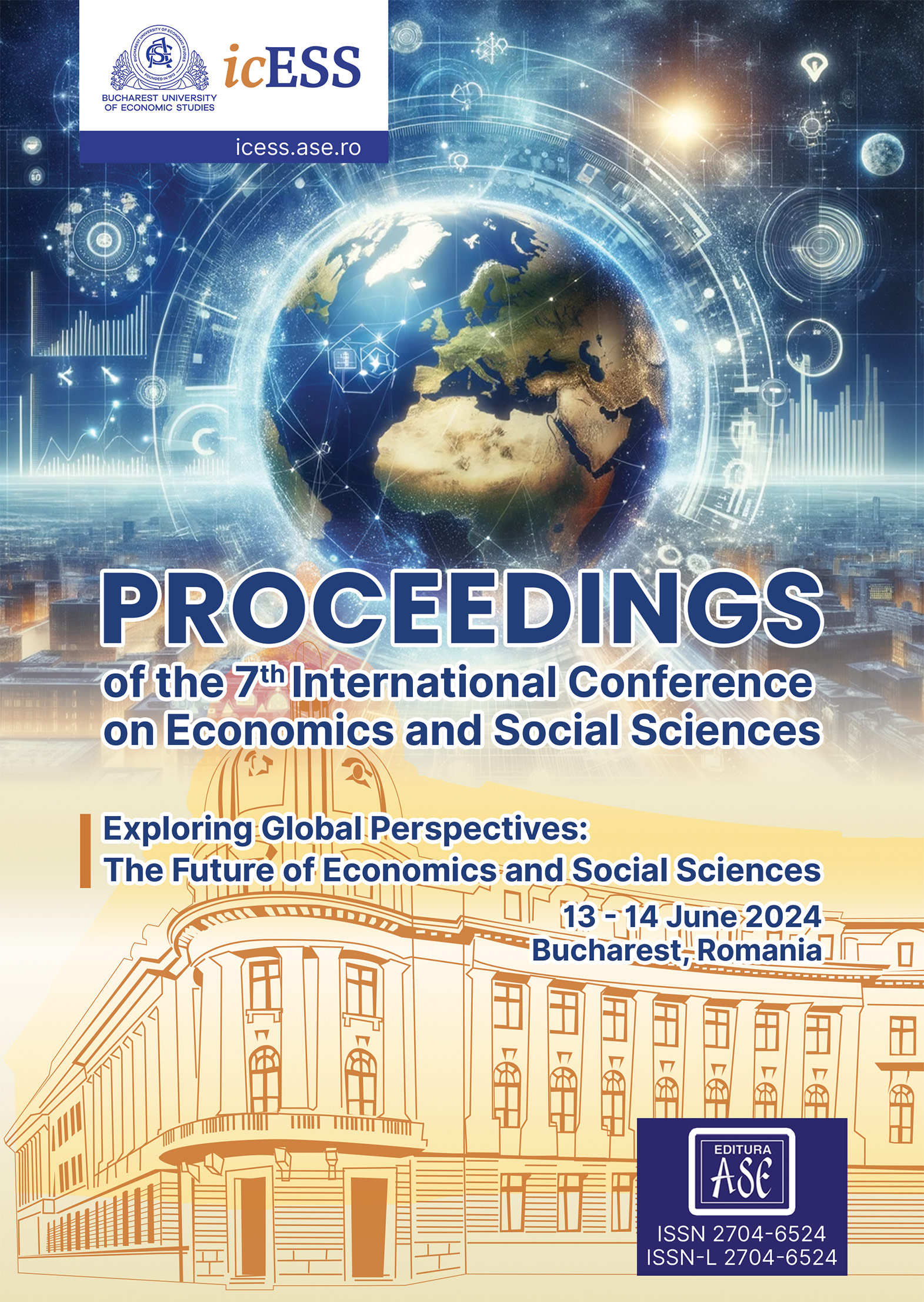Destination Brand Equity of Cultural Destination: The Case of Hue City, Vietnam
Destination Brand Equity of Cultural Destination: The Case of Hue City, Vietnam
Author(s): Khanh Hung DOAN, Dao Phu Loc TRAN, Maruf Mohammad Sirajum MONIRSubject(s): Economy, Accounting - Business Administration, Tourism
Published by: EDITURA ASE
Keywords: brand equity; destination brand equity; cultural destination brand equity; Hue City; Vietnam;
Summary/Abstract: Along with the development of tourism, the competition between tourist destinations is growing. Therefore, destinations must compete fiercely in many forms to survive and develop. Fierce competition among tourist destinations requires them to create competitive advantages over others. At this time, the destination brand is essential to help the destination achieve its development goals and ensure its position. Previous research has acknowledged the added value that brands bring to tourism destinations. However, research on destination brand equity must continue, especially for destinations with outstanding characteristics, such as cultural and heritage destinations. This article explores the factors that make up the brand equity of a cultural destination. From there, we can have a more specific view of the differences in evaluating destination brand equity. The research was carried out based on a survey of 251 tourists in Hue City, Vietnam, the cultural city of ASEAN. The results show that the dimensions of cultural property of the destination brand equity positively influence the structure of destination brand equity. The equity aspects of the cultural destination brand include the equity of the cultural destination brand, Positive associations about the cultural destination, quality of the cultural destination brand, and loyalty. Through this research, destination managers can identify the advantages of the cultural destination brand in Hue City and then have solutions to improve the equity of the destination brand there. The paper ends with a discussion of the results and implications of the study.
Journal: Proceedings of the ... international conference on economics and social sciences.
- Issue Year: 6/2024
- Issue No: 1
- Page Range: 275-286
- Page Count: 12
- Language: English

